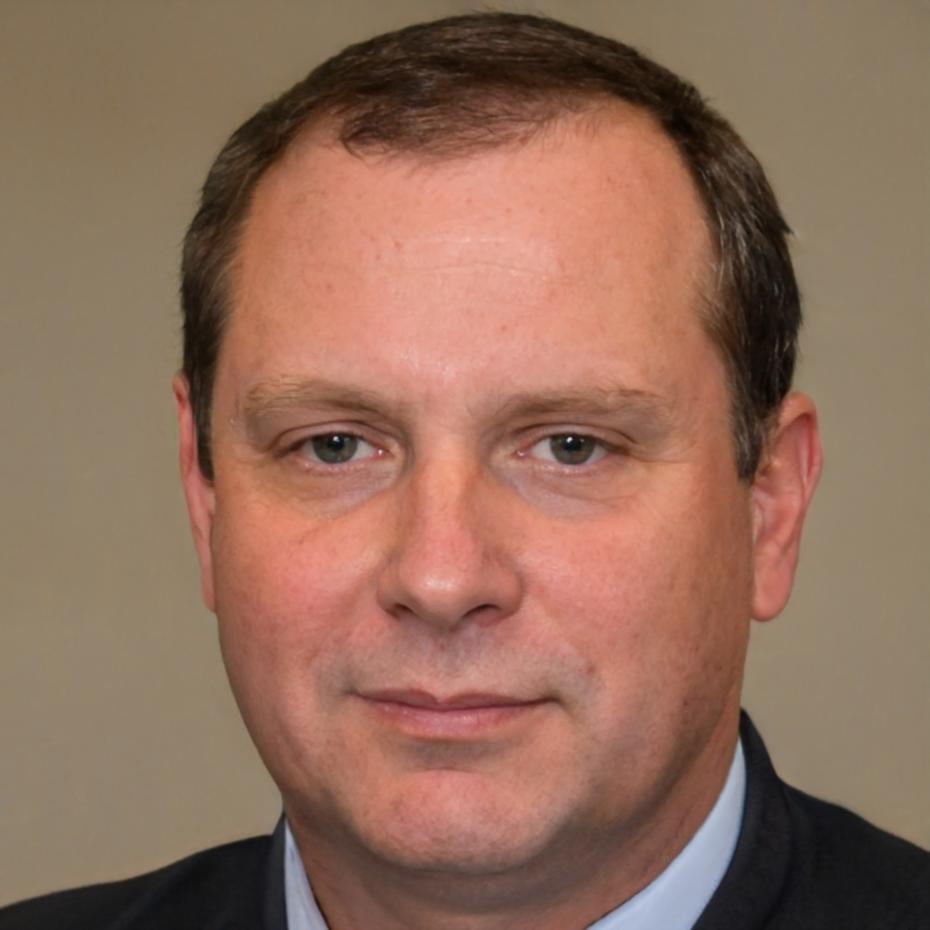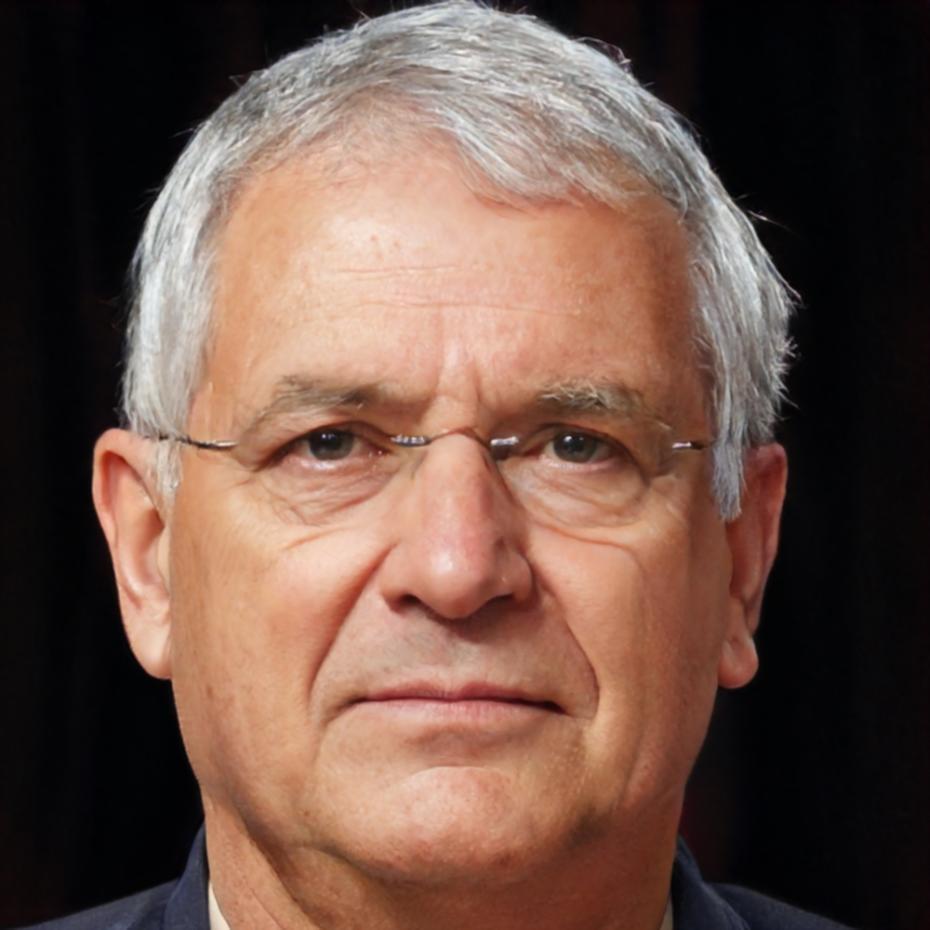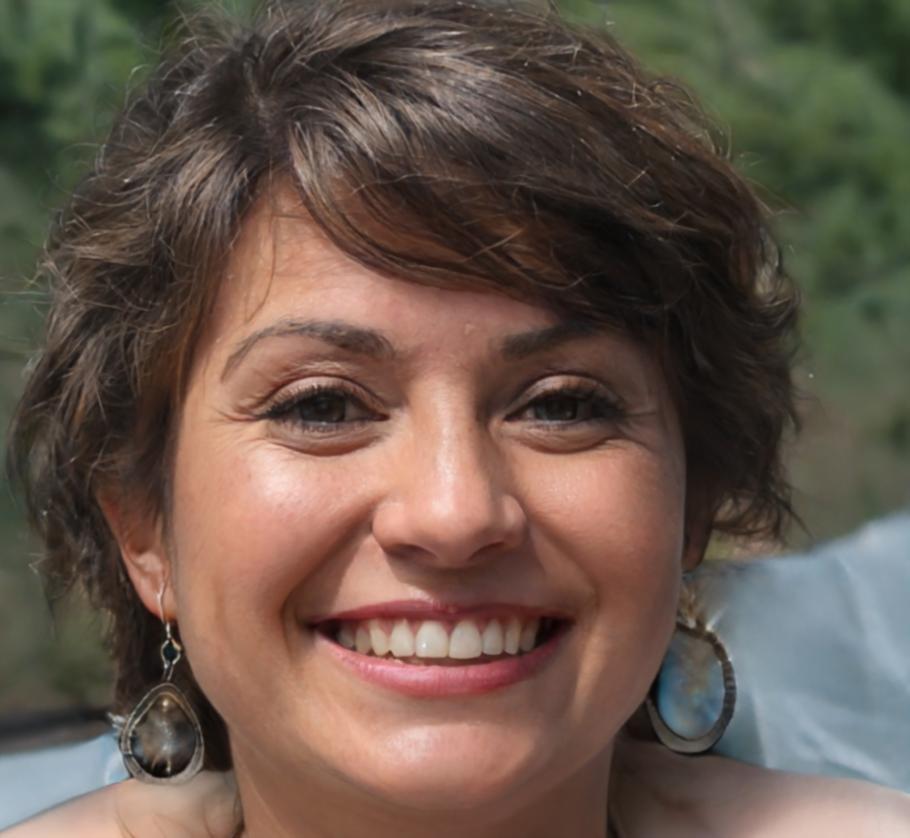Budget Mastery Program
Most people think budgeting is about restriction. We've spent years proving it's actually about making smarter choices with what you already have. This program walks through the practical side of managing money—not theories, just methods that work in real situations.
What You'll Actually Learn
We don't do fluff. Every session focuses on something you can use the same week. The program covers expense tracking that doesn't feel like homework, savings strategies that fit irregular income, and debt reduction without the shame or unrealistic timelines.
You'll work with your own numbers from day one. Real bank statements, real bills, real spending patterns. That's how this sticks—it's your life, not a textbook example.
Core Skills
- Reading your cash flow patterns without fancy software
- Building buffers that survive unexpected expenses
- Planning purchases without derailing progress
- Adjusting budgets when life changes direction
Who This Works For
Honestly? People who've tried budgeting before and found it didn't stick. Maybe the system was too rigid, or you couldn't maintain it past the first month. We built this for folks dealing with variable income, families juggling multiple priorities, or anyone tired of financial stress but skeptical of miracle solutions.
The autumn 2025 intake starts September 8th. We cap groups at twenty because the discussions matter—you'll hear from people managing similar challenges, and those conversations often provide more insight than the formal lessons.
What to Expect
- Weekly sessions with practical exercises
- Small group discussions every fortnight
- Templates you can actually customize
- Follow-up support for three months after
Program Structure
We split the twelve weeks into three phases. Each builds on the previous one, but they're designed so missing a week won't derail everything—life happens, and the system needs to accommodate that.
Foundation Phase
Weeks 1-4 focus on understanding where your money actually goes. Not where you think it goes—where it really goes.
- Tracking methods that don't require daily updates
- Identifying spending patterns vs. one-off purchases
- Setting baseline numbers without judgment
- Creating categories that match your life
Building Systems
Weeks 5-8 shift to creating structures. This is where budgets start working with your habits instead of against them.
- Automating what can be automated
- Buffer building for irregular expenses
- Adjusting for seasonal income changes
- Managing joint finances without conflict
Sustainability
Weeks 9-12 address the hardest part—maintaining momentum when the initial motivation fades.
- Troubleshooting common breakdown points
- Adapting systems when circumstances shift
- Recovering from setbacks without starting over
- Planning for longer-term financial changes
Your Learning Team
Three people run this program. We each bring different backgrounds, which helps because not everyone's financial situation looks the same.

Kasper Lindqvist
Lead Instructor
Spent twelve years in financial counseling before building this program. Specializes in helping people untangle complicated situations without making them feel incompetent.

Dimitri Pasternak
Systems Specialist
Handles the technical side—automation, tools, spreadsheet design. Makes complicated processes feel manageable through better organization.

Sienna Blackwood
Group Facilitator
Runs the discussion sessions and keeps everyone accountable. Background in behavioral finance means she understands why good intentions don't always translate to action.
Program Details
The course runs entirely online, which means you can work through materials whenever fits your schedule. Live sessions happen Tuesday evenings at 7pm AEST—if you can't make it, recordings are available within twelve hours.
You'll need about three hours weekly. One hour for the main lesson, another for exercises, and roughly an hour for group discussion if you attend live. Some weeks need more time, others less—depends what you're working through.
- Weekly video lessons with downloadable workbooks
- Private online community for questions and discussion
- Bi-weekly live sessions with small group breakouts
- Access to template library and budget calculators
- Three months of follow-up support after program completion
- Optional one-on-one reviews (two per participant)
Applications for September 2025 intake open June 15th. We review submissions and confirm places by July 20th, giving everyone time to prepare. Early 2026 dates aren't set yet, but typically run February through April.
Get Program Information